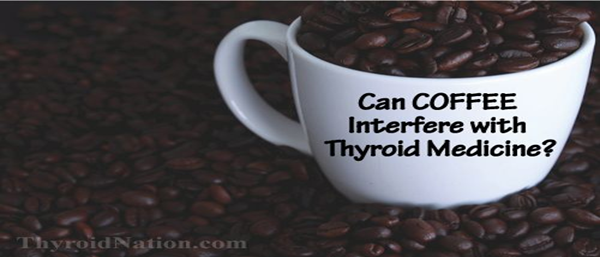
- WHAT IS THYROID GLAND? WHAT IS ITS IMPORTANCE?
Thyroid is a small gland that is located around the windpipe which has a butterfly like shape in the anterior part of the neck under the skin . It is an endocrine gland which is responsible for secretion of thyroid hormone in our body .Thyroid hormone plays a very important role in our body . The thyroid gland secretes hormones into the bloodstream which is use to regulate metabolism, which is your body’s primary way of utilizing energy. The hormones it generates help in bone formation, brain growth, heart rate, digestion, muscle function, body temperature, menstrual cycles, and other processes in addition to metabolism. When extra hormones are needed, such as to
assist raise body temperature or when a woman is pregnant, the thyroid can produce them.
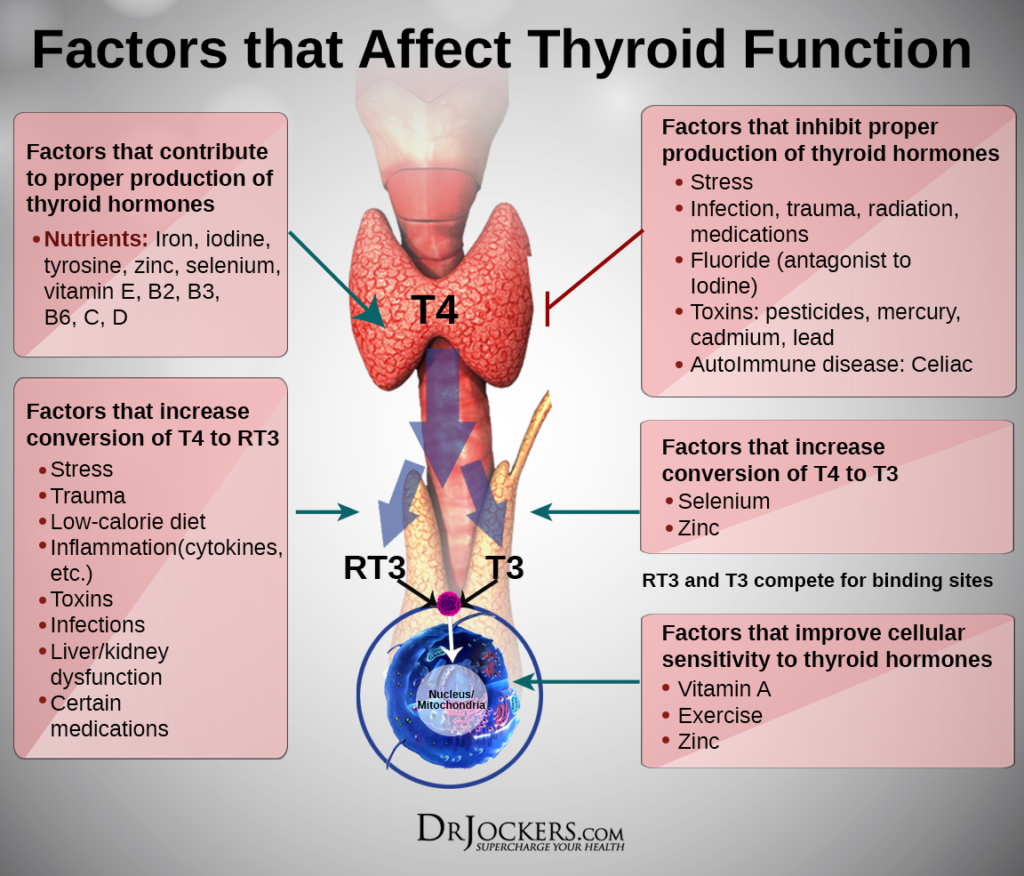
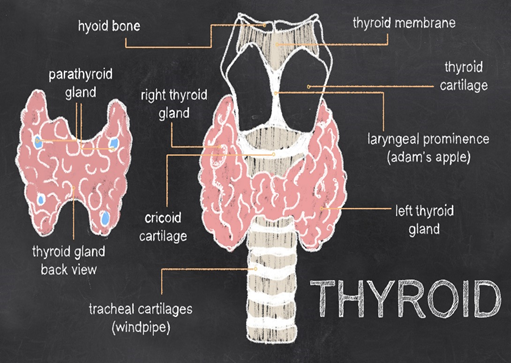
- WHAT EXACTLY IS THYROID DISEASE?
When the thyroid gland fails to function properly, a specific type of disease develops. When thyroid hormone is generated in the body in fewer than normal amounts, it can cause a condition known as hypothyroidism, but when thyroid hormone is produced in excess, it causes hyperthyroidism.
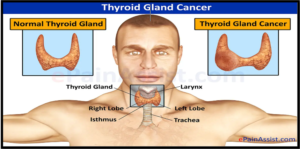
Thyroid disease is an umbrella term for a medical problem that prevents your thyroid from producing the appropriate amount of hormones. Normally, your thyroid produces hormones that keep your body running smoothly. When your thyroid produces too much thyroid hormone, your body burns through energy too quickly. This is known as hyperthyroidism. Consuming energy too quickly might cause your heart to beat quicker, causing you to lose weight without trying, and even make you feel nervous. On the other hand, your thyroid may produce insufficient thyroid hormone. This is known as hypothyroidism.
- WHICH IS THE BEST TIME TO TAKE THYROID MEDICINES ACCORDING TO DOCTORS AND NUTRITIONIST?
- The best time to take thyroid medicines is 30-60 minutes before breakfast on empty stomach in the morning after waking up .
- There is another ways also to take thyroid medicine is 3-4 hours after any food intake in the evening.
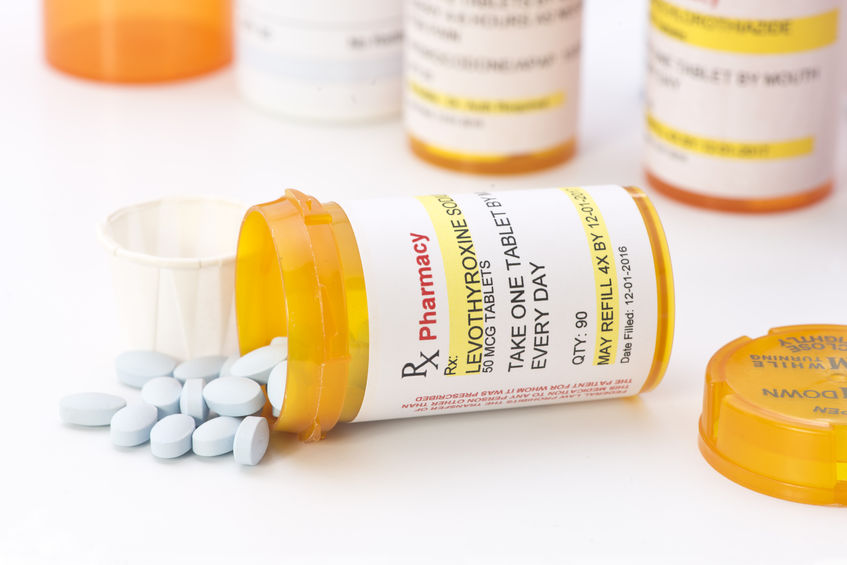
This is indicated because certain medications and supplements, such as fibre supplements, proton pump inhibitors like omeprazole/Prilosec and lansoprazole/prevacid, soy products, calcium and iron supplements, and multivitamins with minerals, reduce thyroid hormone absorption.
- DOES CERTAIN FOOD INTAKE CAN ACTUALLY HAMPER THE ABSORPTION? IS IT OK TO DRINK COFFEE WITH THYROID HORMONE?
In some studies it, according to current product labels and treatment recommendations, patients should take thyroid hormone replacement therapy on an empty stomach, but new research indicates that drinking coffee has no impact on how well levothyroxine (LT4) is absorbed when it is in a liquid form. was found that coffee is a caffeinated product which can interfere in proper absorption of thyroid hormone . coffee contains a complex mixture of bioactive substances that have a variety of physiological effects.
For instance, caffeine, besides being the most commonly consumed psychoactive substance [1], has significant anti-apoptotic properties. Additionally, coffee has lipidic molecules like cafestol and kahweol as well as antioxidant compounds like polyphenols that are essential for scavenging free radicals and activating DNA repair and detoxification enzymes [2]. Additionally, coffee contains a variety of anti-mutagens that inhibit the transformation of healthy cells into cancerous ones, thereby lowering the risk of developing solid tumors like colorectal, liver, renal, and pancreatic cancer [3, [4,] [5].
In another study it was found Caffeine consumption was correlated with serum TSH in a non-linear manner, and when taken in moderate amounts (9.97-264.97 mg/d), caffeine demonstrated a positive correlation with serum TSH levels in patients with metabolic disorders[6].
Another study suggest that coffee interferes physically with thyroid medications and reduces the intestinal absorption of both organic and inorganic substances. [5] Research being presented Saturday at ENDO 2022, the Endocrine Society’s annual meeting in Atlanta, Ga., by Vertice Pharma confirms that drinking coffee 5 minutes after taking an oral levothyroxine sodium solution (Thyquidity® 100 g/ 5 mL) did not affect the absorption of the medication[7]
Coffee consumption was found to be protective against thyroid disease, including thyroid cancer and autoimmune thyroiditis, according to a small 1989 study. [8] However, a 2017 meta-analysis involving more than 1,000 thyroid cancer patients found no connection between coffee and thyroid cancer. [9] Coffee did not affect thyroid hormone levels in a 1984 study on humans, but it did stimulate TSH and T4, and it disrupted the thyroid and pituitary gland’s communication in a 1983 study on new born rats given high doses of caffeine. [10]
- CONCLUSION:
If you have Hashimoto’s or thyroid disease, you do not need to avoid coffee for an extended period of time; however, if you suffer from anxiety, insomnia, frequent urination, or migraines, you may benefit

from reducing or eliminating caffeine or combining it with fat. If you have hyperthyroidism, you might want to avoid all stimulants, including caffeine. If you enjoy the taste of coffee but cannot handle the caffeine, decaf may be an option.
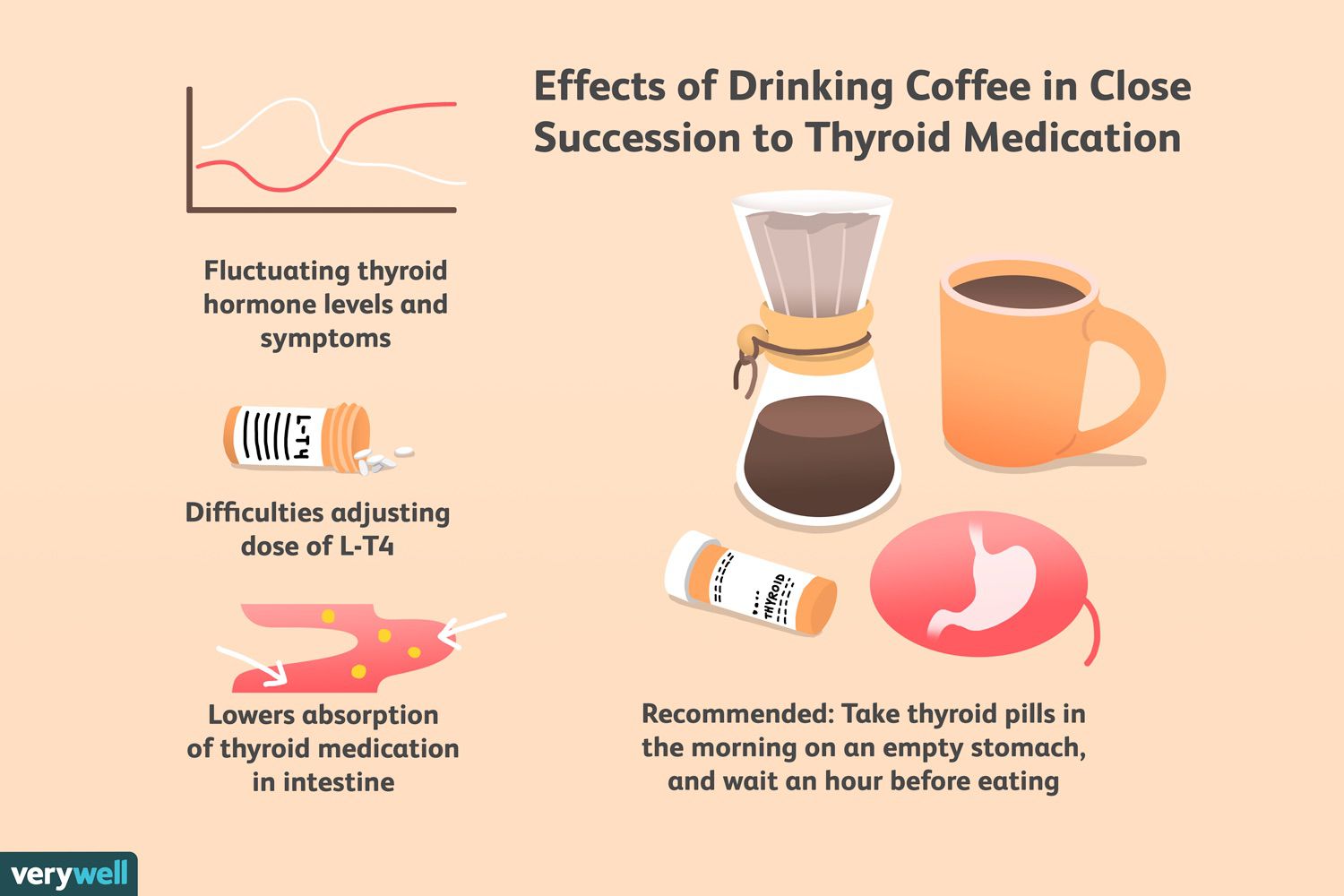
REFERENCE:
[1]Esquivel, P., & Jimenez, V. M. (2012). Functional properties of coffee and coffee by-products. Food research international, 46(2), 488-495.
[2] Nieber, K. (2017). The impact of coffee on health. Planta medica, 83(16), 1256-1263.
[3] Arnaud, M. J. (1993). Components of coffee. Caffeine, coffee, and health, 43.
[4] Bøhn, S. K., Blomhoff, R., & Paur, I. (2014). Coffee and cancer risk, epidemiological evidence, and molecular mechanisms. Molecular nutrition & food research, 58(5), 915-930.
[5] Benvenga S, Bartolone L, Pappalardo MA, et al. Altered intestinal absorption of L-thyroxine caused by coffee. Thyroid. 2008;18(3):293-301. doi:10.1089/thy.2007.0222
[6]Zheng, J., Zhu, X., Xu, G., Wang, X., Cao, M., Zhu, S., … & Zhou, Y. (2023). Relationship between caffeine intake and thyroid function: results from NHANES 2007-2012.
[8]Linos A, Linos DA, Vgotza N, Souvatzoglou A, Koutras DA. Does coffee consumption protect against thyroid disease?. Acta Chir Scand. 1989;155(6-7):317-320.
[9]Han MA, Kim JH. Coffee Consumption and the Risk of Thyroid Cancer: A Systematic Review and Meta-Analysis. Int J Environ Res Public Health. 2017;14(2):129. Published 2017 Jan 27. doi:10.3390/ijerph14020129
[10] Spindel ER, Wurtman RJ, McCall A, et al. Neuroendocrine effects of caffeine in normal subjects. Clin Pharmacol Ther. 1984;36(3):402-407. doi:10.1038/clpt.1984.195; Clozel M, Branchaud C, Tannenbaum G, Dussault J, Aranda J. Effect of caffeine on thyroid and pituitary function in newborn rats. Pediatric research. 1983;17(7):592-595. doi:10.1203/00006450-198307000-00015
Article By
Nutritionist Debjani Mondal
M.SC.(Food & Nutrition),Certified Diabetes Educator
Nutritionist Content Writer of TEAM NUTRI WORLD




It is really great to know about these facts these type of articles can really change lifestyles or aware us from hoe to deal with it
Informative
Helped a lot…thank u for the information ☺️